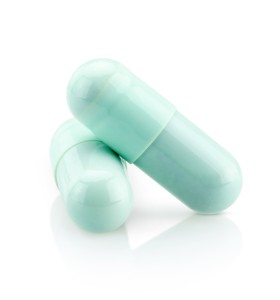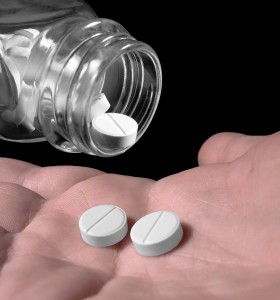Critical Ingredients & Chemicals
Federal oversight by the FDA ensures that ingredients and chemical additives used in vital healthcare products available to consumers, like nonprescription drugs, dietary supplements, and medical devices, routinely undergo the most rigorous safety evaluations. The extensive FDA-regulated process scrutinizing compounds for impurities and health hazards, often spanning years before market approval, aims to identify and mitigate concerns associated with valuable chemicals which also enable essential medication delivery, and other life-enriching items. Restricting healthcare additives recognized as safe under science-based federal risk-benefit analysis prevents access to technologies patients rely on. Therefore, upholding exemptions allowing the availability of compounds deemed suitably protected for their intended regulated purpose remains a crucial tenet across all legislative levels. While particular chemicals initially viewed as low risk receive additional restrictions upon new evidence, the repeat, transparent federal reviews analyzing the evolving additive landscape reflects an appropriately adaptive system dedicated to responsibly supplying healthcare supply chains free of dangerous substances but full of highly-tested ingredients that strike the best balance between bolstering public health through high-functioning medicines and improving sustainability.






